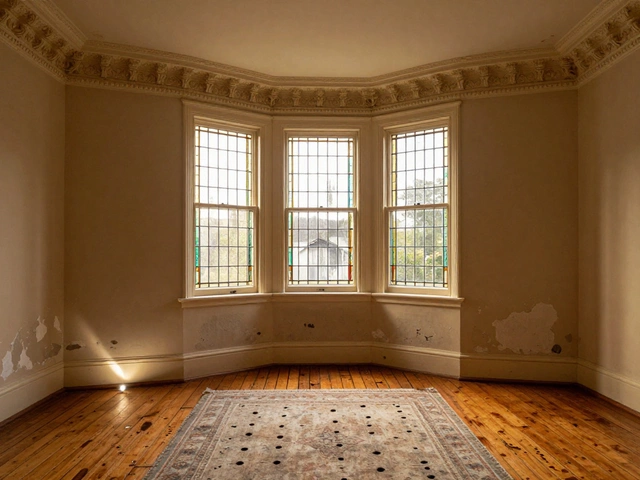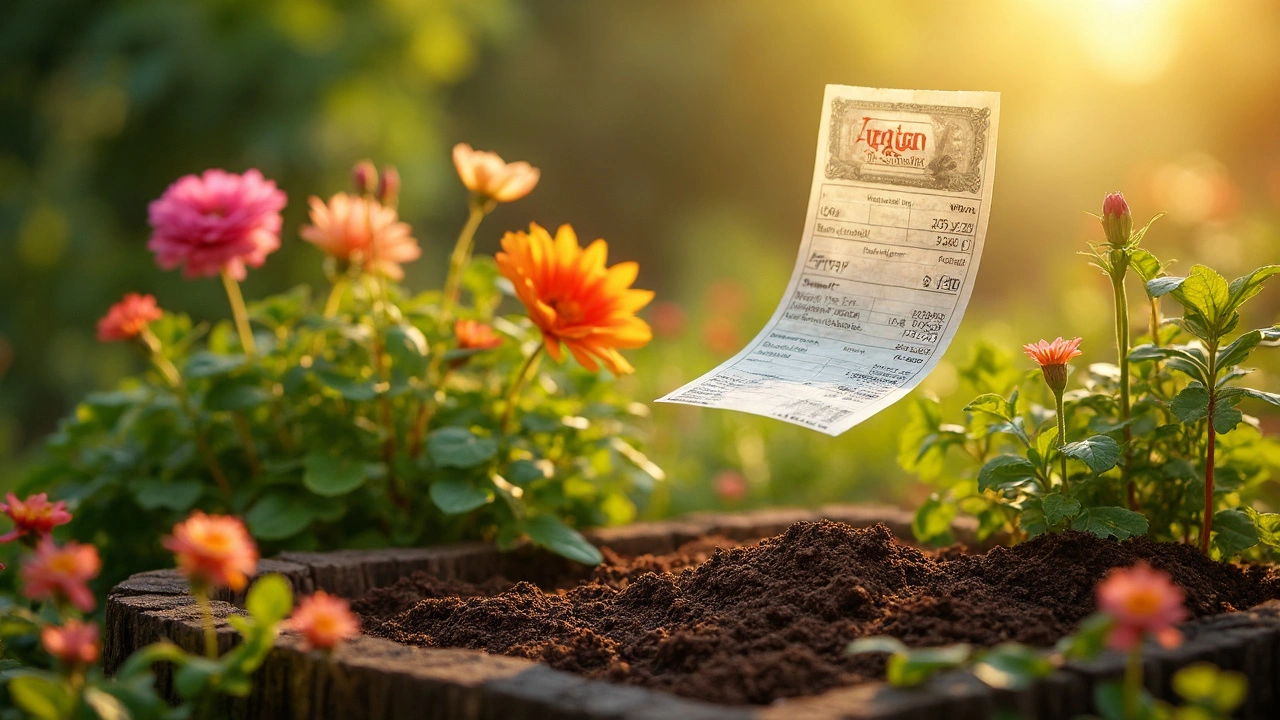Raised Bed Drawbacks: What You Might Face
If you’re thinking about a raised garden bed, pause for a second. While raised beds look tidy and can help with soil quality, they also come with a few hidden hassles that can bite you later.
First off, the price tag. Building a raised bed means buying lumber, bricks, or other materials, plus tools or hardware. A simple wood frame can cost $50‑$100, and if you go for stone or metal, the bill jumps quickly. For a small hobby garden, that extra spend might outweigh the benefits.
Heat, Drainage, and Space Issues
Raised beds sit above the ground, so they heat up faster in summer. That extra warmth can stress roots, especially for cool‑season veggies like lettuce or beans. On the flip side, in winter the soil can cool down more quickly, shortening the growing season.
Drainage sounds great in theory—water runs off the bottom, preventing soggy roots—but it can also dry out soil too fast. You’ll find yourself watering more often, which defeats the water‑saving promise of raised beds.
Space is another big factor. A raised bed takes up the same footprint as the soil it contains, but you lose the area underneath for other uses. In a small yard, that could mean fewer planting spots overall.
Maintenance and Long‑Term Concerns
Maintenance isn’t just about watering. Wood frames rot after a few years unless you treat them, and metal can rust. Replacing or repairing the structure adds ongoing cost.
Also, soil volume is limited. You’ll need more compost and fertilizer to keep the limited soil fertile, which can get pricey. If you grow heavy feeders like tomatoes, the soil may become depleted faster than in a traditional garden.
Lastly, think about the garden’s ecosystem. Raised beds can isolate plants from beneficial soil microbes and earthworms that naturally improve soil health. You might miss out on the natural nutrient cycling that happens in ground‑level beds.
So, should you still consider a raised bed? If you have poor native soil, want easier access, or need good drainage for a sloped yard, the benefits may outweigh the downsides. Otherwise, weigh the extra cost, heat issues, and maintenance before you start building.
Raised Bed Gardening: The Two Drawbacks You Should Know
While raised beds offer many benefits for gardening enthusiasts, they come with a couple of significant drawbacks. From costing more upfront to requiring more maintenance, these downsides can affect whether raised beds are the right choice for you. This article breaks down both issues to help you make an informed decision. If you're considering raised beds, understanding these two cons is essential. Dive into the nitty-gritty of raised bed gardening drawbacks.
About
Kitchen Gardening
Latest Posts


What to Look for When Buying a Victorian Terrace
By Alden Thorne Dec 16, 2025

Number One Natural Insect Repellent: The Truth About What Really Works
By Alden Thorne Jun 10, 2025

What Not to Put in Compost: Essential Guide for Safe and Healthy Homemade Composting
By Alden Thorne Jun 23, 2025

